Safer

Greater ease

Greater insight

More influence


The advantages of:
What Rotterdam’s decisiveness led to: the Data Safe House (DSH) pilot will be rolled out nationally as it is expected to contribute significantly to the acceleration of energy transition.
Through energy transition, companies will switch to different energy carriers in the future, such as green energy and hydrogen. This is only possible when they have access to the right energy infrastructure. To build this in a timely fashion, grid operators require insight in the sustainability plans of industrial companies. With the establishment of the independent Foundation DSH in 2021, the Port of Rotterdam Authority and Deltalinqs took the lead in accelerating this process.
Free participation
Thanks to the national roll-out, companies across the country won’t have to send the same information to multiple parties anymore, and grid operators will receive bottom-up, reliable and current industry information. This will enable national grid operators like Gasunie and TenneT to decide the sequence in which they will be building new energy infrastructure. A nice extra is that companies, thanks to a grant from the Ministry of Economic Affairs and Climate Policy, won’t have to pay to participate in DSH (unlike the pilot in Rotterdam, where participants did have to pay).
Sustainable future
Rotterdam is proud of DSH’s national rollout. “We all stuck out our necks to get this going as sort of a startup,” says Jeroen Steens. Buist: “There are many studies being conducted and reports being written on the topic of energy transition, but what we have here is the full implementation of a development that can help us accelerate it.” We’re past the stage of PowerPoint presentations and lengthy reports and we’ve created something that actually benefits all parties. This is what I call literally building toward a sustainable future.”
Thorough and transparent
Neighbouring countries are following DSH’s development with interest. “The Netherlands has high standards for grid management and is thorough in the implementation of these,” states Spierings. “We are one of the few countries to disclose that we’re running into grid congestion, as being open and transparent is part of our Dutch DNA. Due to these high standards, we have one of the best power grids in the world, we’re quick to spot a problem if an overload could lead to an outage, and we’ll proactively start looking for solutions.” According to Buist, suggestions have already been made to also deploy DSH toward making the built environment and the exchange of raw materials more sustainable. “But let’s keep the scope of the project within established parameters. Let’s make this run first, and upgrade later!”
National rollout
The Ministry of Economic Affairs and Climate Policy (EZK) provided a grant for the national rollout of Rotterdam’s DSH. Meanwhile, the action plan for this initiative has been approved by the steering committee of the National Program Industrial Sustainability. Buist: “In the past few weeks, among other things, we worked on amending our articles of association. In terms of governance, we’re on solid ground now. In 2024, we will implement DSH in five other Dutch industry clusters. Our data format and IT platform will be standardised at national level. Right now, each cluster has an interim DSH representative and is represented in the national Databoard. Sustainability projects that are submitted will be validated the same way nationwide. “We will also have our processes audited by an external party.” Anne-Marie Spierings adds: “For each cluster, the new energy strategy needs to be delivered by mid-2024. Our goal is to use DSH data to underpin these.”
Chicken-or-egg dilemma
With this smart concept, Rotterdam cracked the well-known chicken-or-egg dilemma in energy transition. Buist: “Companies are willing to invest in other energy carriers, but only if the supporting infrastructure is there.” Vice versa, net operators need insight in industrial transition plans to be able to plan the building of new infrastructure. Through DSH, they can find out which energy infrastructure is needed in the port, and where the bottlenecks are. As DSH, we validate each submitted project on completeness, feasibility, and duplication to ensure data quality.”
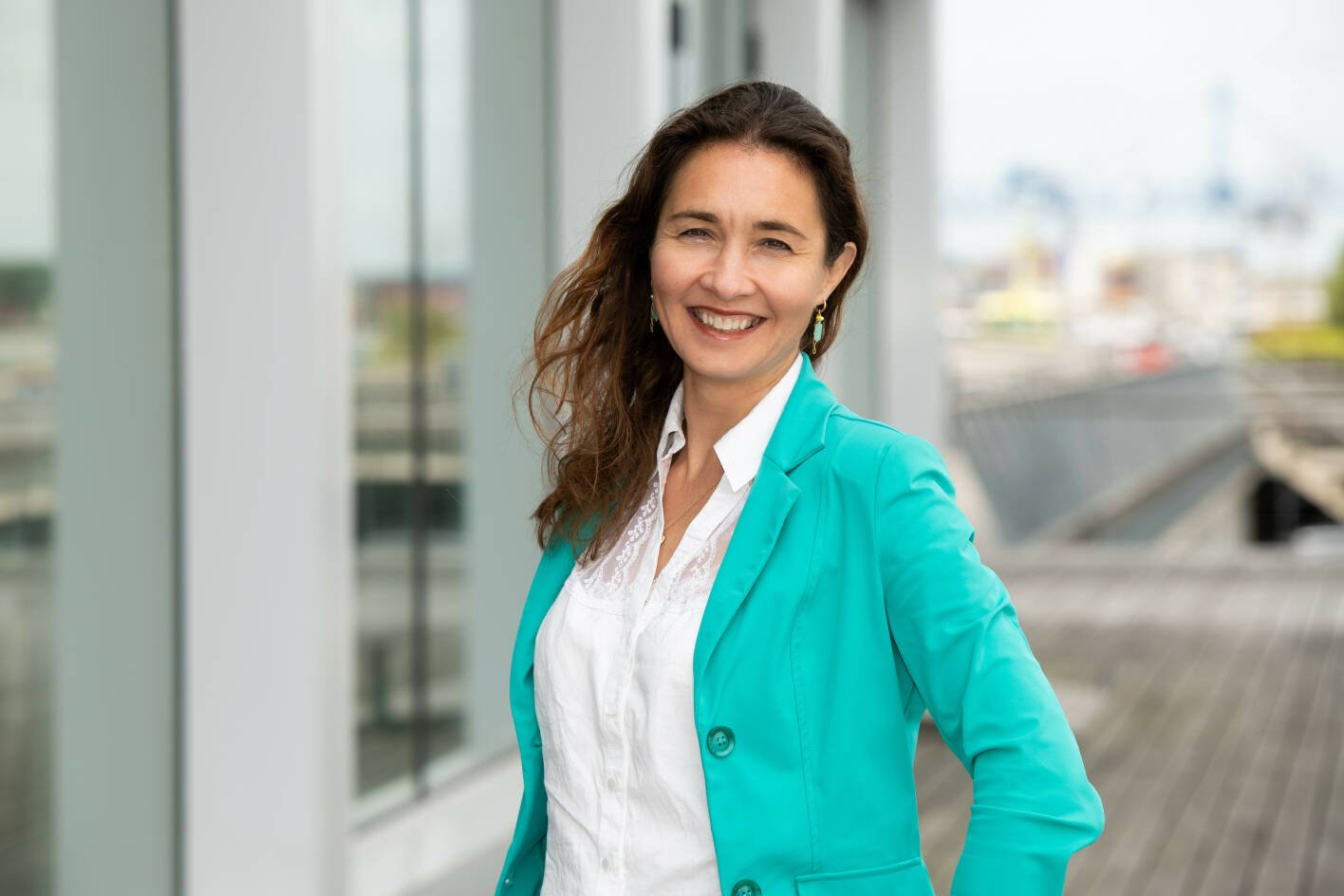
Anne-Marie Spierings, Program Director Economic Transition with Deltalinqs, confirms the importance of suitable energy infrastructure for Rotterdam’s industry. “It’s very annoying for companies when they run into grid congestion and can’t get better connections, as is the case now. DSH can’t resolve this short-term issue, but it does help us prepare for the future. It also contributes to mutual understanding between grid operators and companies. These are indeed two different worlds. Grid operators need thorough numerical underpinning for their projects, and the better the data being shared by companies, the more focused grid operators’ planning can be.”
Underpinning
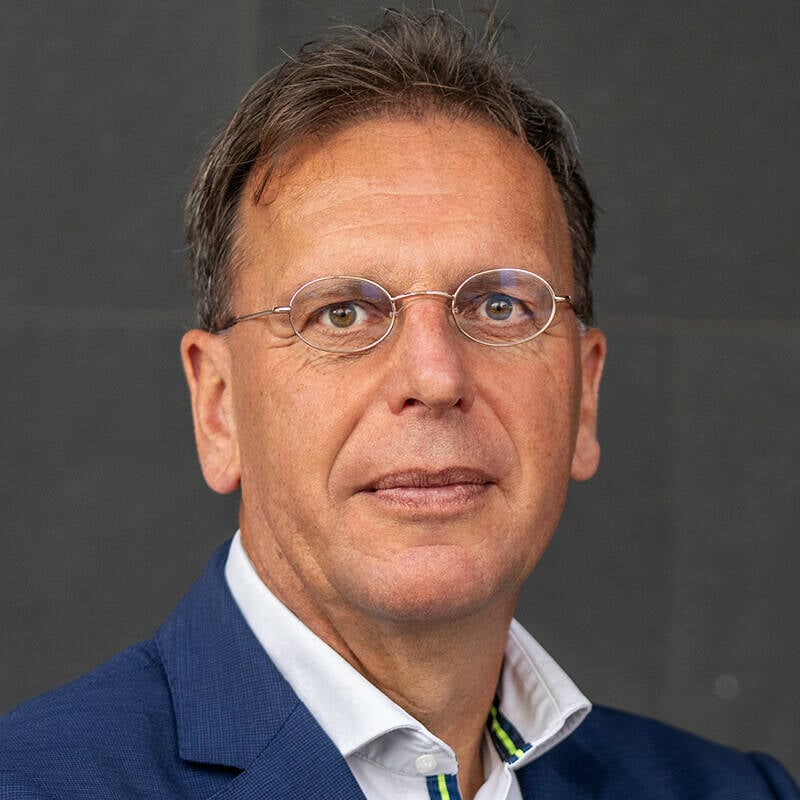
“Energy infrastructure is a key factor in the business climate,” says Jeroen Steens, Director Commercial Delivery with the Port of Rotterdam Authority, and a member of Board of Trustees at DSH. “As Port of Rotterdam Authority, we made digitalisation and energy transition an early focal point. Although we started early on electrification with TenneT and Stedin, we also have to deal with grid congestion. This is why we invested in DSH. It’s a great example of the “twin transition” – energy transition through acceleration of digitalisation. Wonderful to see so that many companies embraced this concept! This will help us avoid the second and third wave of grid congestion, and be the first large industry cluster in 2025 to have access to a hydrogen network and capture of CO2. This makes Rotterdam attractive to companies.”
Business climate
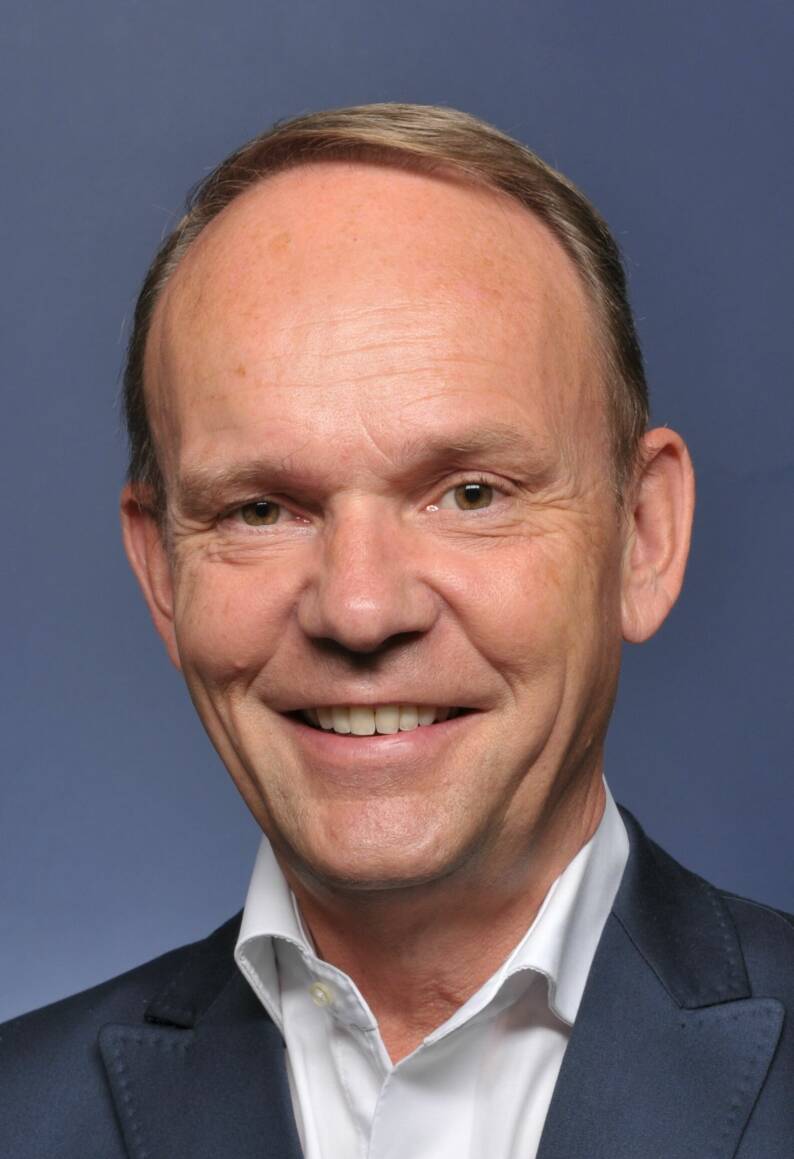
“Through a web application, we collect data on the decarbonisation plans of industrial companies in the Port,” explains DSH manager Wiebe Buist. “Companies can introduce sustainability plans on their own and decide on the required investments, or look into the feasibility of same.” All data will be encrypted and stored on a Dutch-based server. To ensure confidentiality, the web application has three access levels. “As DSH manager, I have access to all the uploaded projects, while participating companies will only be able to see their own. Network operators will indicate to which level of detail they wish to review data, and for what purpose they want to use these. They will only be granted access to a project if the company concerned is OK with it. Also, they will only see projects related to the energy carrier they’re responsible for. In short, companies will retain ownership of their data and decide who can access these. As a foundation, we will ensure compliance with the agreements made, including rights and obligations. We have tight operating procedures and a duty of confidentiality. Our board reports to the Board of Trustees. The key discussion forum is the Databoard, on which participating companies are represented.”
Set of Agreements
Data Safe House moves from Rotterdam to national level
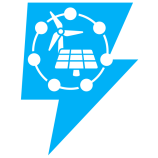
Case study 2
Scroll down
Greater insight

Rotterdam is proud of DSH’s national rollout. “We all stuck out our necks to get this going as sort of a startup,” says Jeroen Steens. Buist: “There are many studies being conducted and reports being written on the topic of energy transition, but what we have here is the full implementation of a development that can help us accelerate it.” We’re past the stage of PowerPoint presentations and lengthy reports and we’ve created something that actually benefits all parties. This is what I call literally building toward a sustainable future.”
Sustainable future
Neighbouring countries are following DSH’s development with interest. “The Netherlands has high standards for grid management and is thorough in the implementation of these,” states Spierings. “We are one of the few countries to disclose that we’re running into grid congestion, as being open and transparent is part of our Dutch DNA. Due to these high standards, we have one of the best power grids in the world, we’re quick to spot a problem if an overload could lead to an outage, and we’ll proactively start looking for solutions.” According to Buist, suggestions have already been made to also deploy DSH toward making the built environment and the exchange of raw materials more sustainable. “But let’s keep the scope of the project within established parameters. Let’s make this run first, and upgrade later!”
Thorough and transparent
Safer

More influence


The advantages of:
Greater ease

Thanks to the national roll-out, companies across the country won’t have to send the same information to multiple parties anymore, and grid operators will receive bottom-up, reliable and current industry information. This will enable national grid operators like Gasunie and TenneT to decide the sequence in which they will be building new energy infrastructure. A nice extra is that companies, thanks to a grant from the Ministry of Economic Affairs and Climate Policy, won’t have to pay to participate in DSH (unlike the pilot in Rotterdam, where participants did have to pay).
Free participation
The Ministry of Economic Affairs and Climate Policy (EZK) provided a grant for the national rollout of Rotterdam’s DSH. Meanwhile, the action plan for this initiative has been approved by the steering committee of the National Program Industrial Sustainability. Buist: “In the past few weeks, among other things, we worked on amending our articles of association. In terms of governance, we’re on solid ground now. In 2024, we will implement DSH in five other Dutch industry clusters. Our data format and IT platform will be standardised at national level. Right now, each cluster has an interim DSH representative and is represented in the national Databoard. Sustainability projects that are submitted will be validated the same way nationwide. “We will also have our processes audited by an external party.” Anne-Marie Spierings adds: “For each cluster, the new energy strategy needs to be delivered by mid-2024. Our goal is to use DSH data to underpin these.”
National rollout
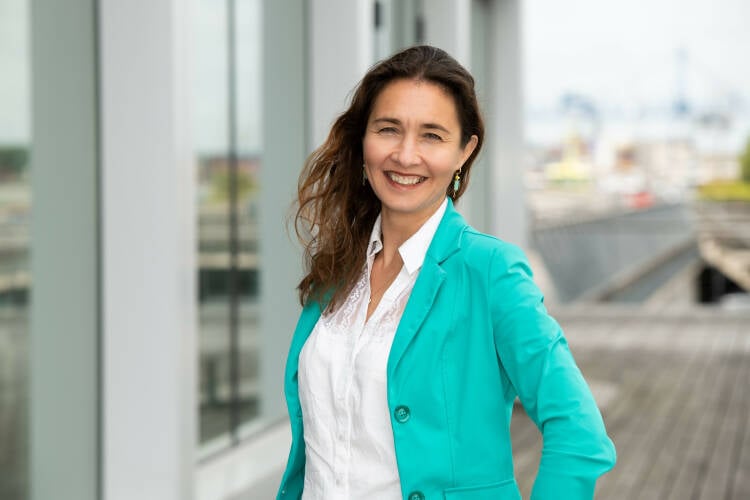
Anne-Marie Spierings, Program Director Economic Transition with Deltalinqs, confirms the importance of suitable energy infrastructure for Rotterdam’s industry. “It’s very annoying for companies when they run into grid congestion and can’t get better connections, as is the case now. DSH can’t resolve this short-term issue, but it does help us prepare for the future. It also contributes to mutual understanding between grid operators and companies. These are indeed two different worlds. Grid operators need thorough numerical underpinning for their projects, and the better the data being shared by companies, the more focused grid operators’ planning can be.”
Underpinning
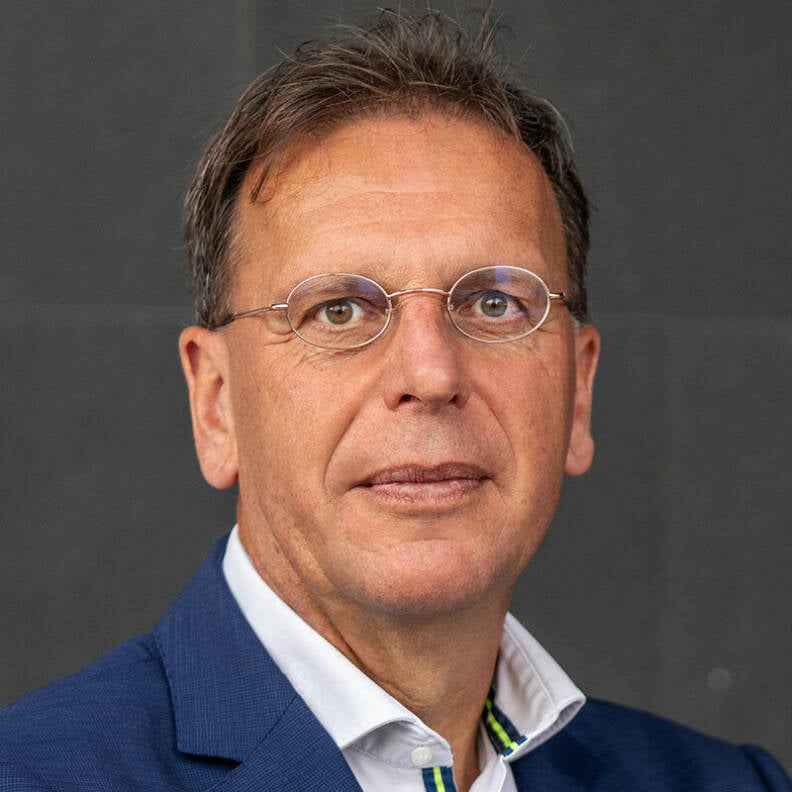
“Energy infrastructure is a key factor in the business climate,” says Jeroen Steens, Director Commercial Delivery with the Port of Rotterdam Authority, and a member of Board of Trustees at DSH. “As Port of Rotterdam Authority, we made digitalisation and energy transition an early focal point. Although we started early on electrification with TenneT and Stedin, we also have to deal with grid congestion. This is why we invested in DSH. It’s a great example of the “twin transition” – energy transition through acceleration of digitalisation. Wonderful to see so that many companies embraced this concept! This will help us avoid the second and third wave of grid congestion, and be the first large industry cluster in 2025 to have access to a hydrogen network and capture of CO2. This makes Rotterdam attractive to companies.”
Business climate
With this smart concept, Rotterdam cracked the well-known chicken-or-egg dilemma in energy transition. Buist: “Companies are willing to invest in other energy carriers, but only if the supporting infrastructure is there.” Vice versa, net operators need insight in industrial transition plans to be able to plan the building of new infrastructure. Through DSH, they can find out which energy infrastructure is needed in the port, and where the bottlenecks are. As DSH, we validate each submitted project on completeness, feasibility, and duplication to ensure data quality.”
Chicken-or-egg dilemma
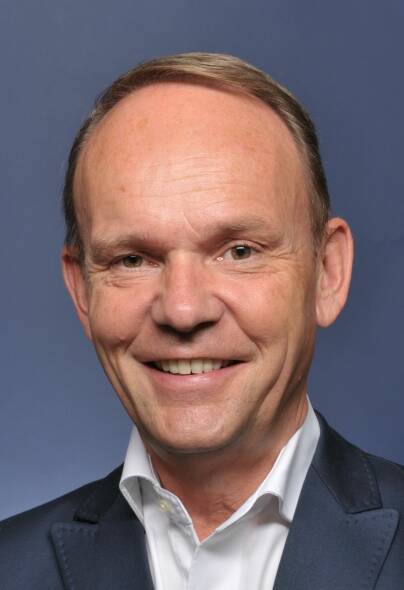
“Through a web application, we collect data on the decarbonisation plans of industrial companies in the Port,” explains DSH manager Wiebe Buist. “Companies can introduce sustainability plans on their own and decide on the required investments, or look into the feasibility of same.” All data will be encrypted and stored on a Dutch-based server. To ensure confidentiality, the web application has three access levels. “As DSH manager, I have access to all the uploaded projects, while participating companies will only be able to see their own. Network operators will indicate to which level of detail they wish to review data, and for what purpose they want to use these. They will only be granted access to a project if the company concerned is OK with it. Also, they will only see projects related to the energy carrier they’re responsible for. In short, companies will retain ownership of their data and decide who can access these. As a foundation, we will ensure compliance with the agreements made, including rights and obligations. We have tight operating procedures and a duty of confidentiality. Our board reports to the Board of Trustees. The key discussion forum is the Databoard, on which participating companies are represented.”
Set of Agreements
What Rotterdam’s decisiveness led to: the Data Safe House (DSH) pilot will be rolled out nationally as it is expected to contribute significantly to the acceleration of energy transition.
Through energy transition, companies will switch to different energy carriers in the future, such as green energy and hydrogen. This is only possible when they have access to the right energy infrastructure. To build this in a timely fashion, grid operators require insight in the sustainability plans of industrial companies. With the establishment of the independent Foundation DSH in 2021, the Port of Rotterdam Authority and Deltalinqs took the lead in accelerating this process.
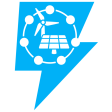
Case study 2